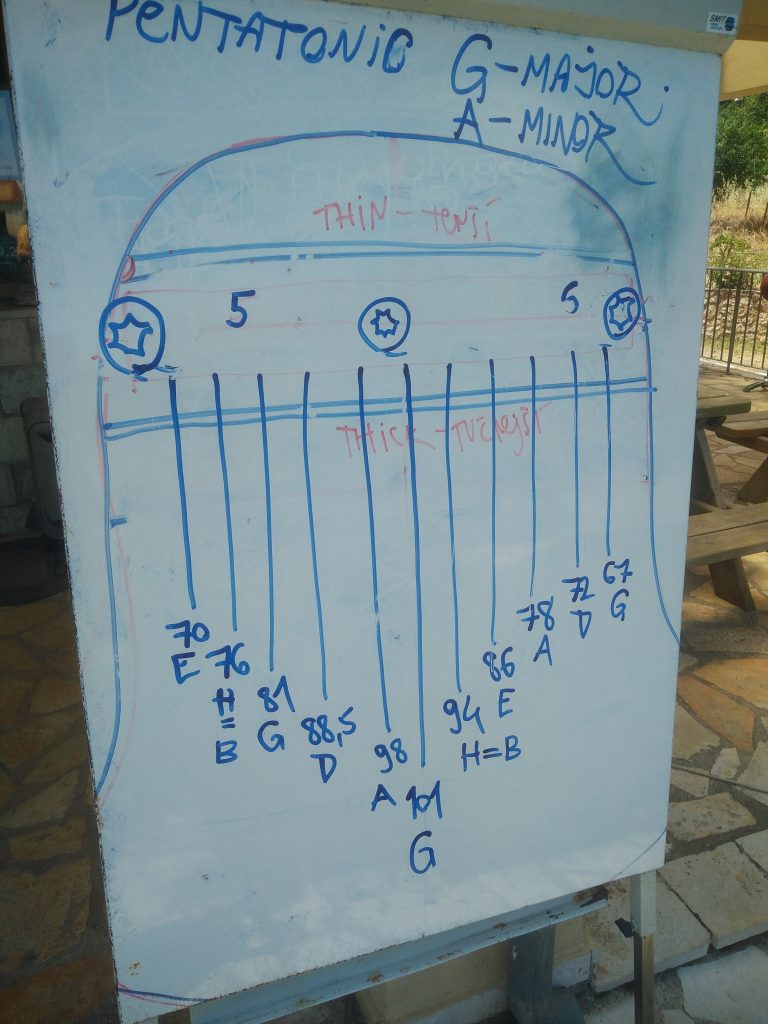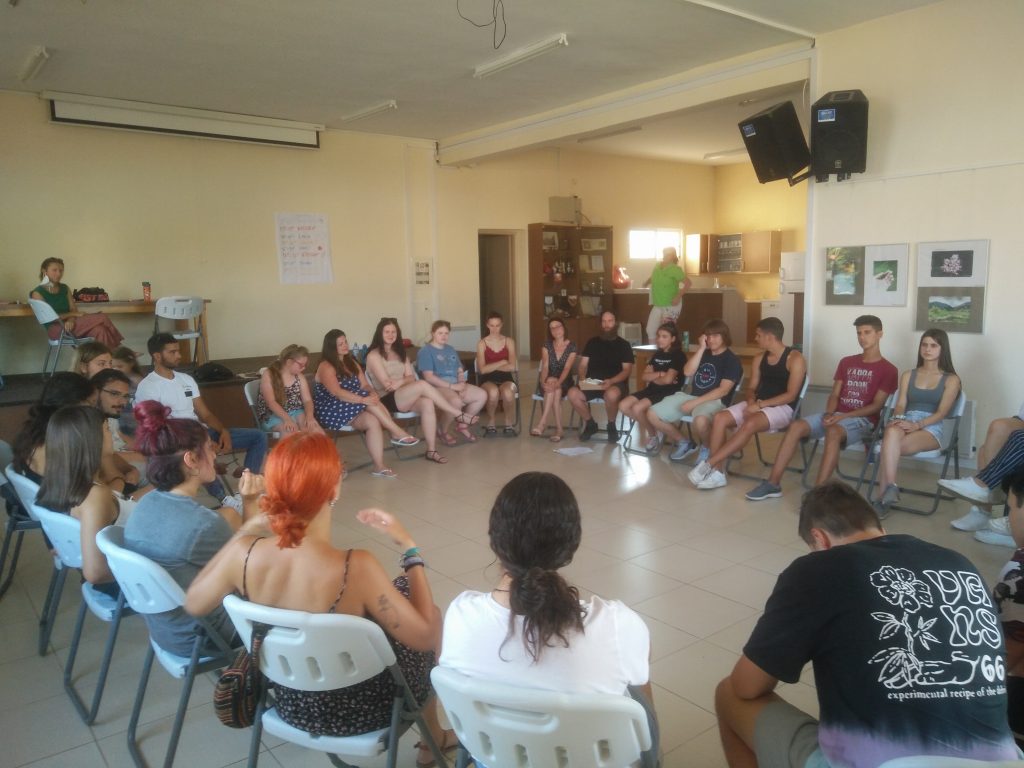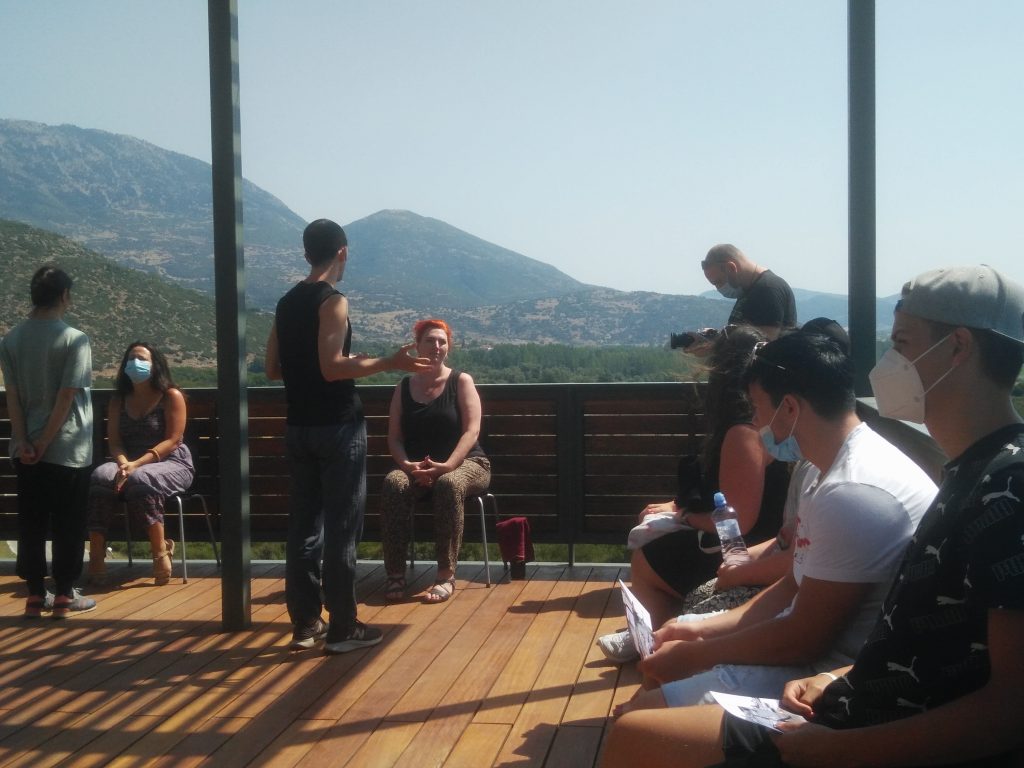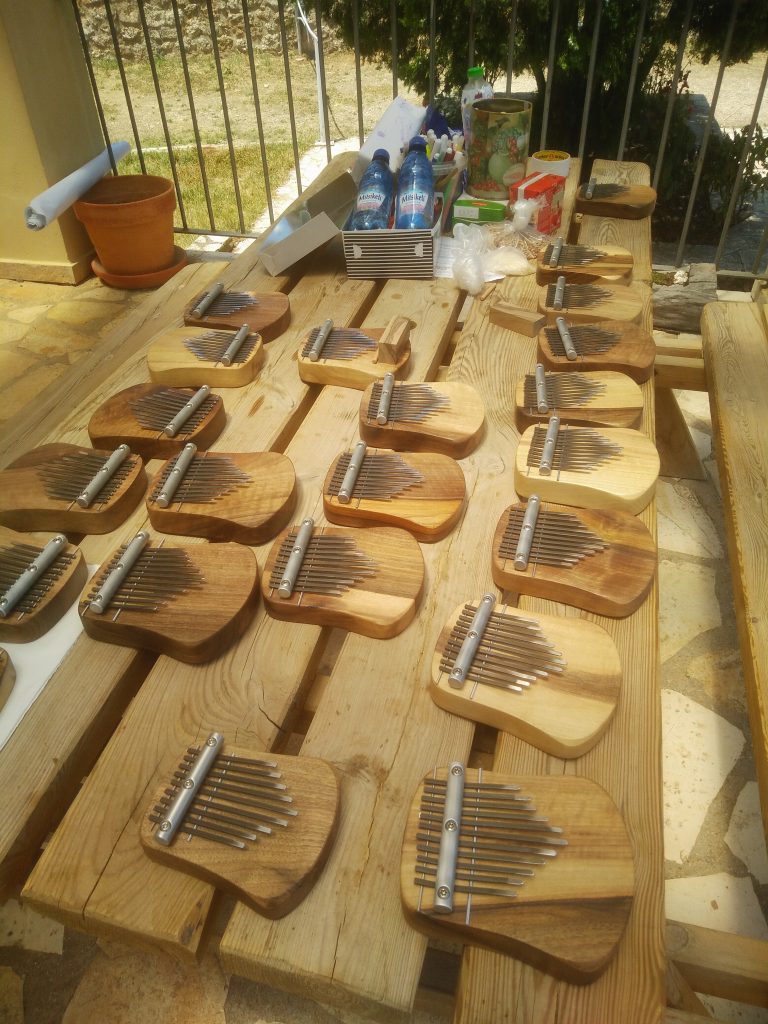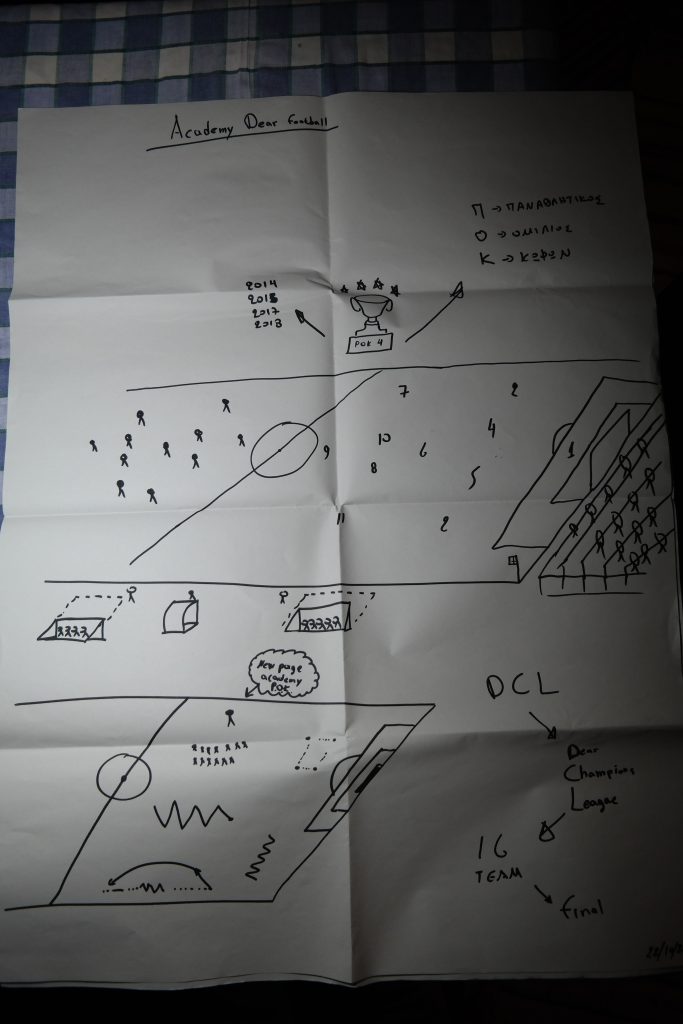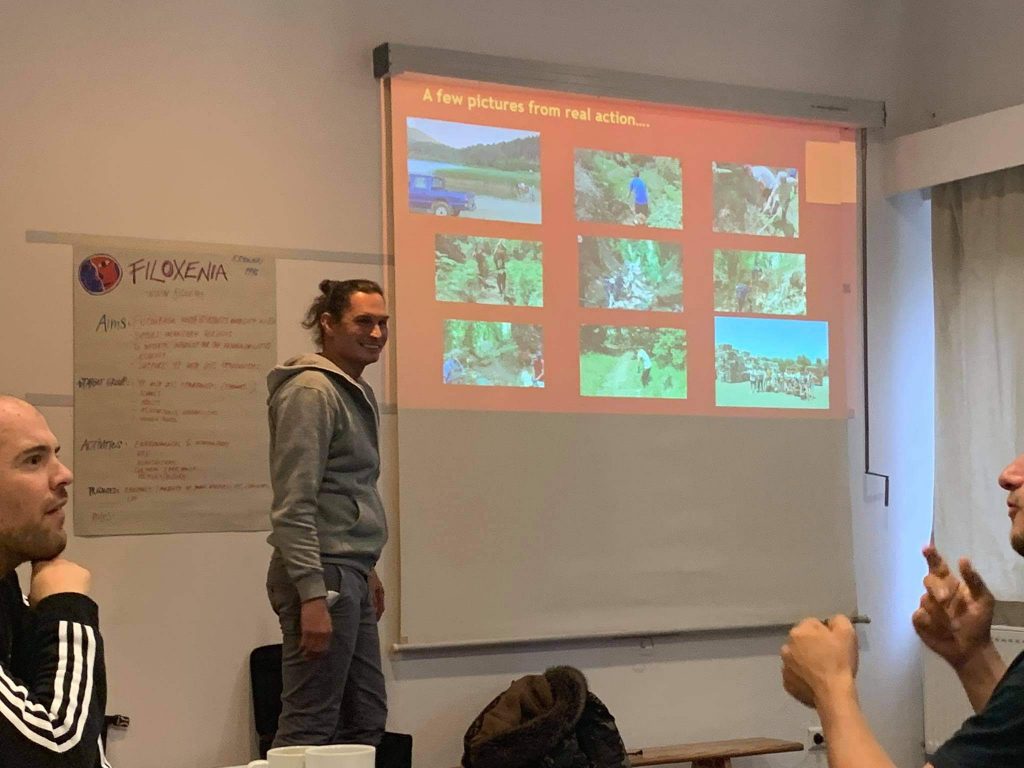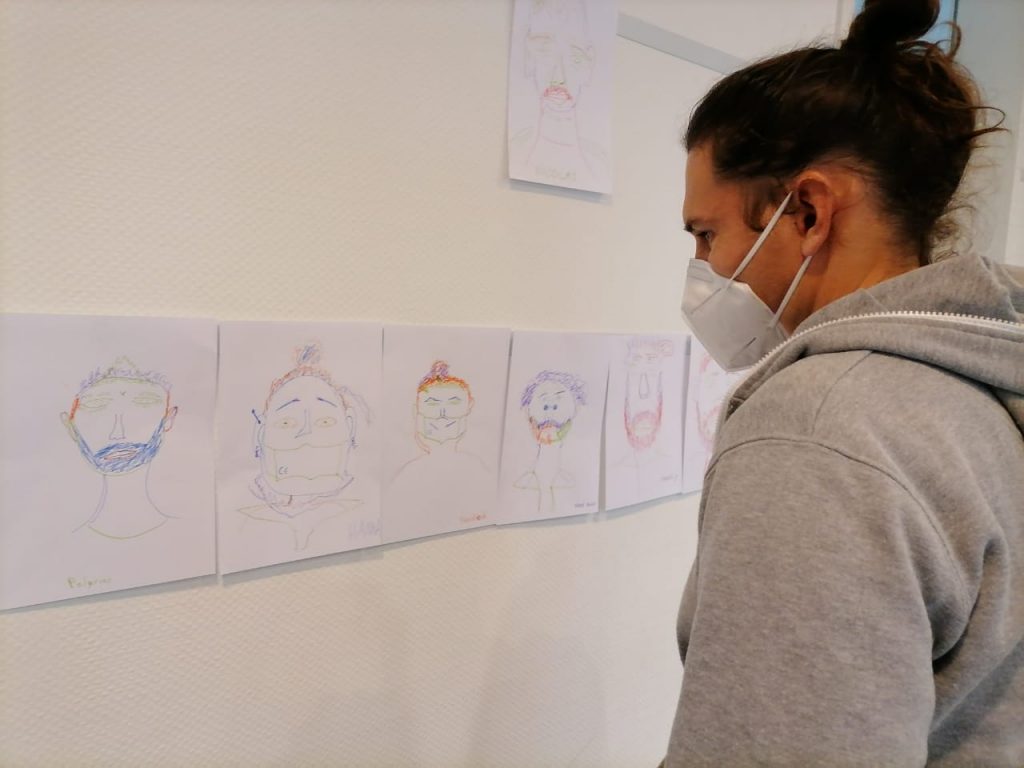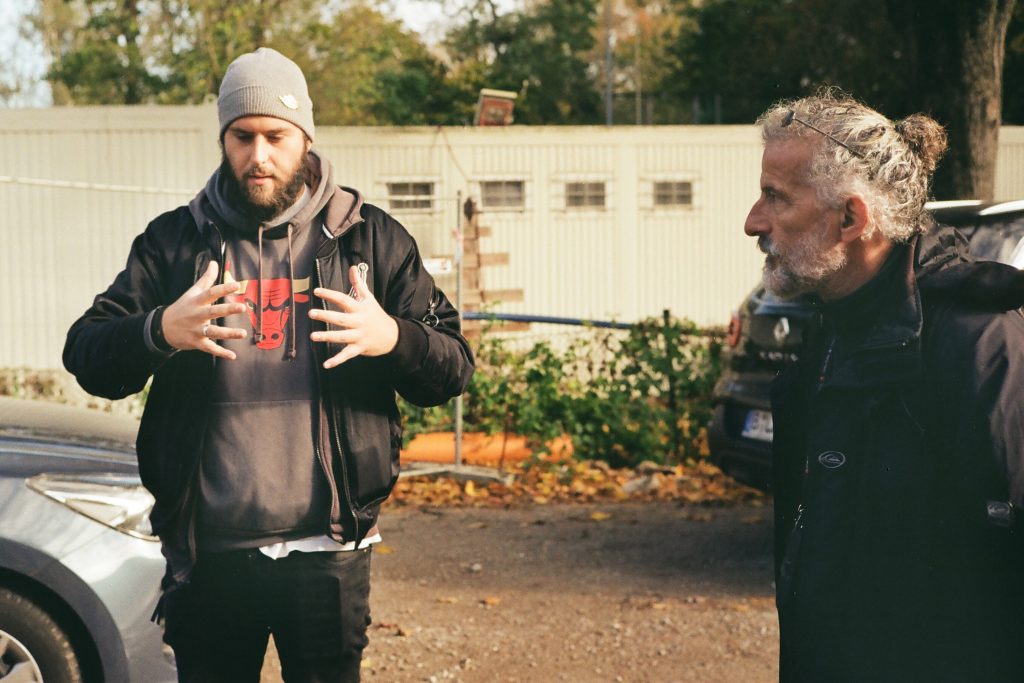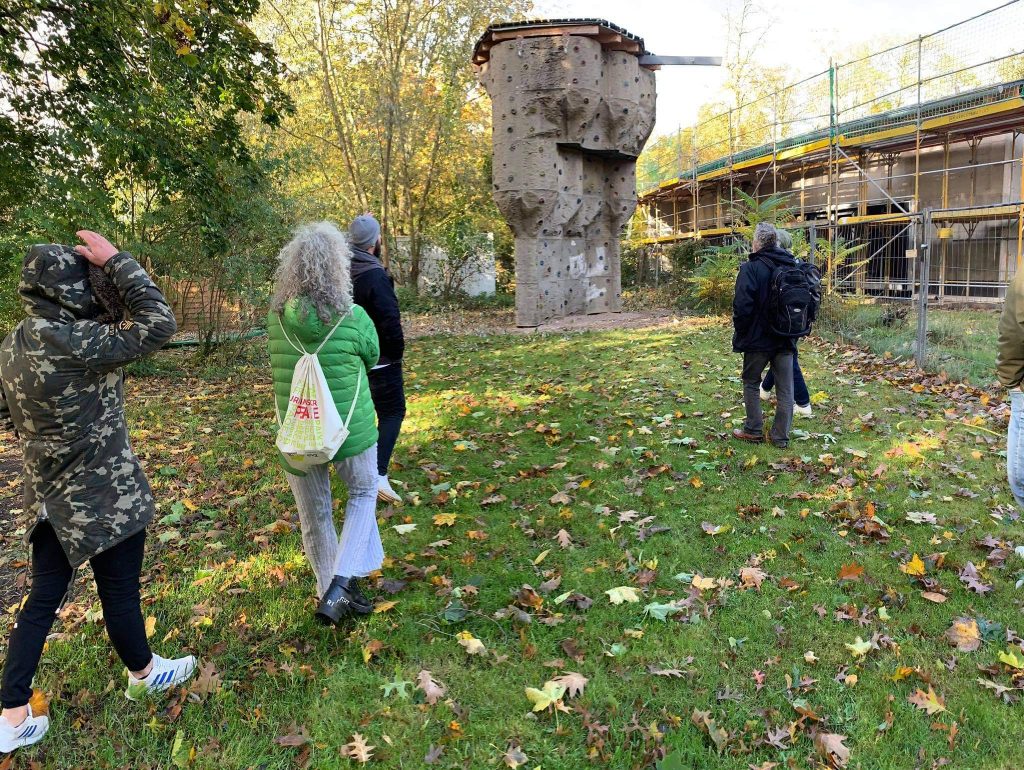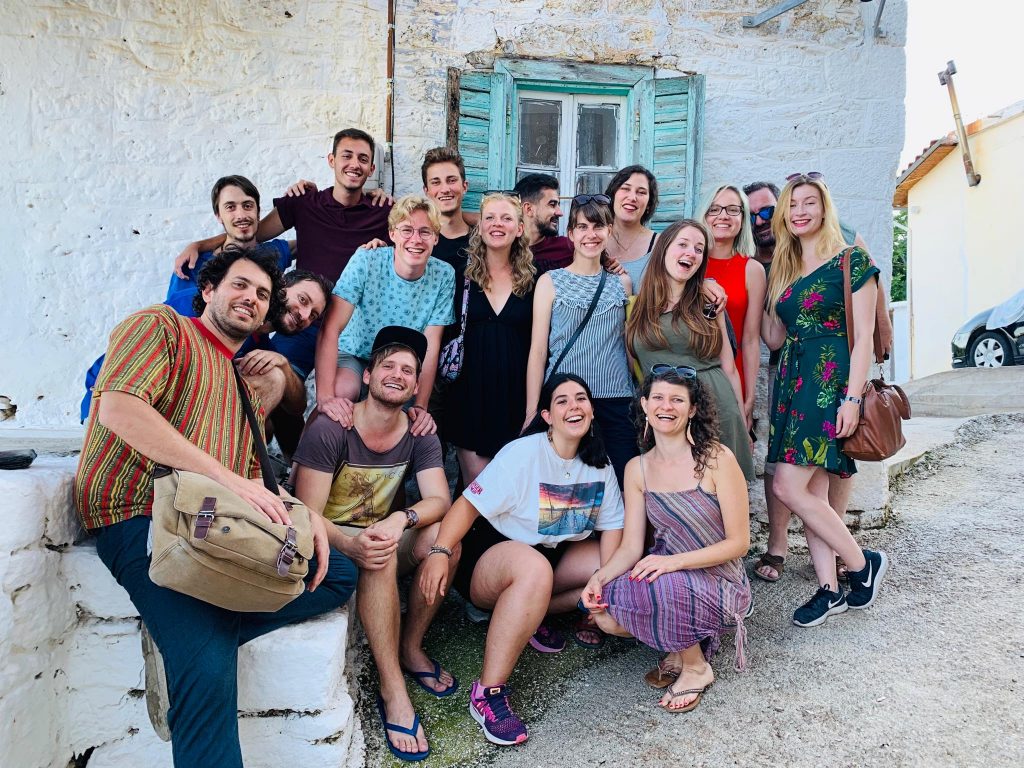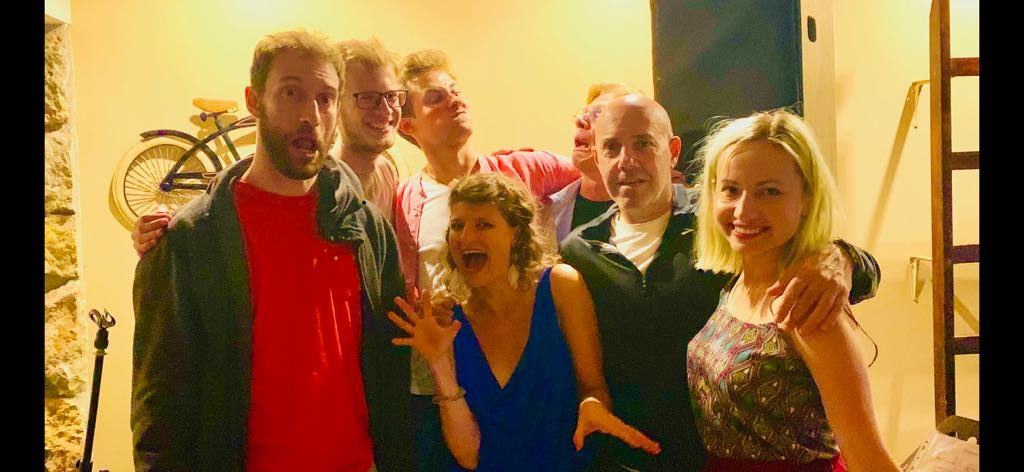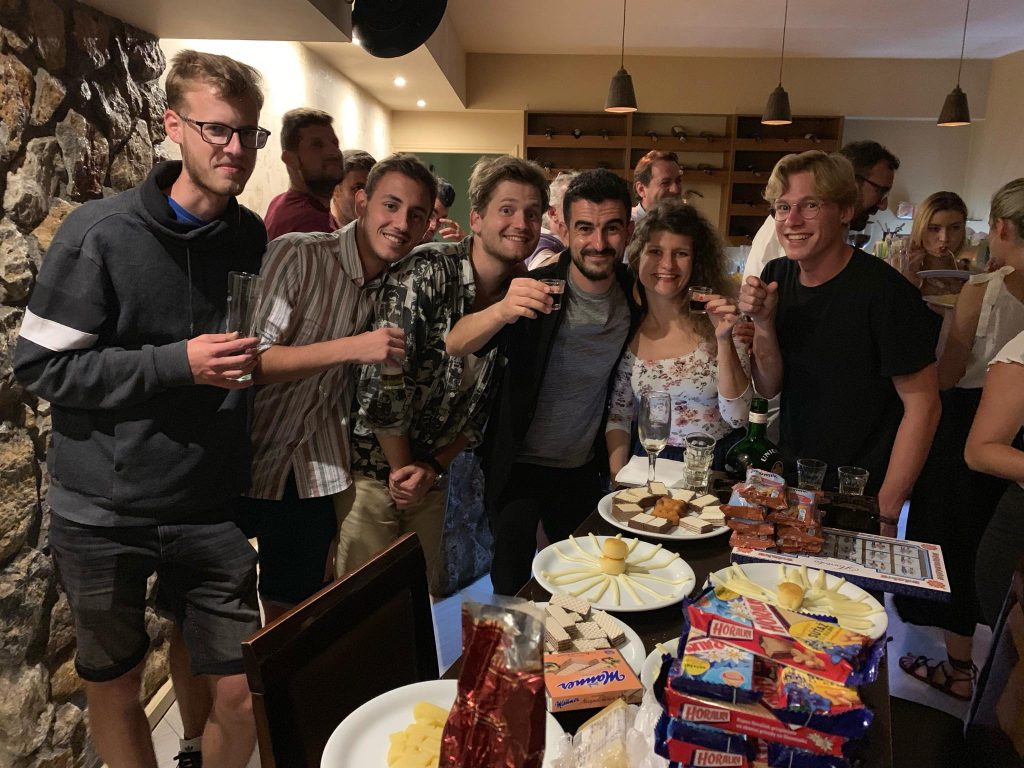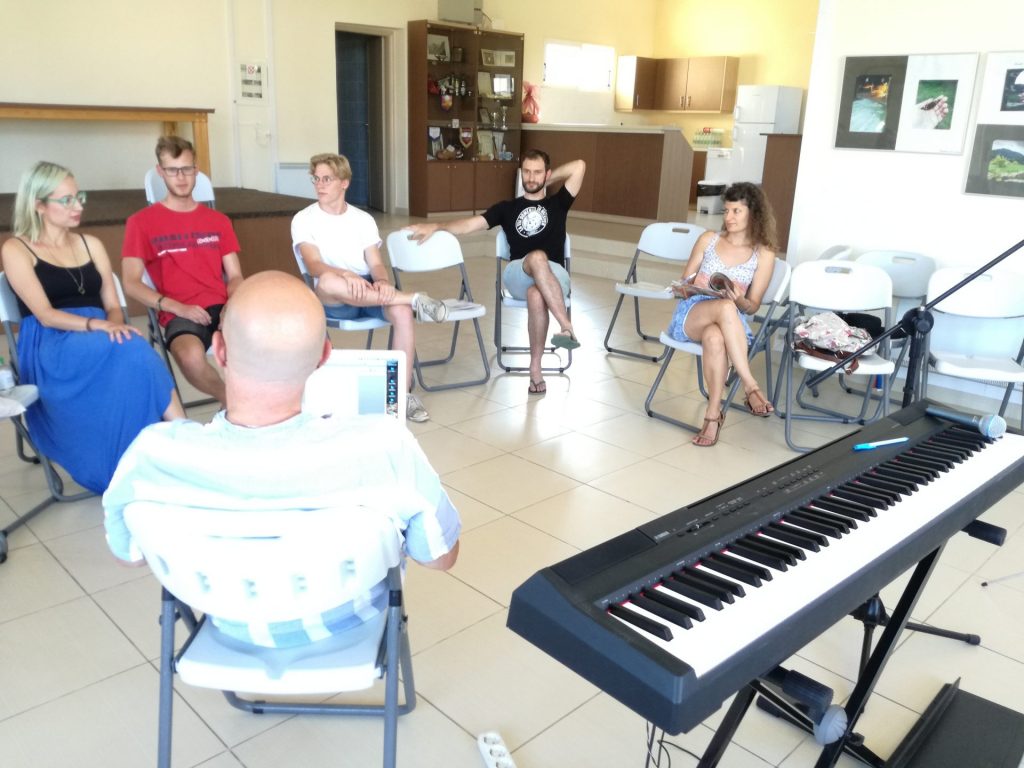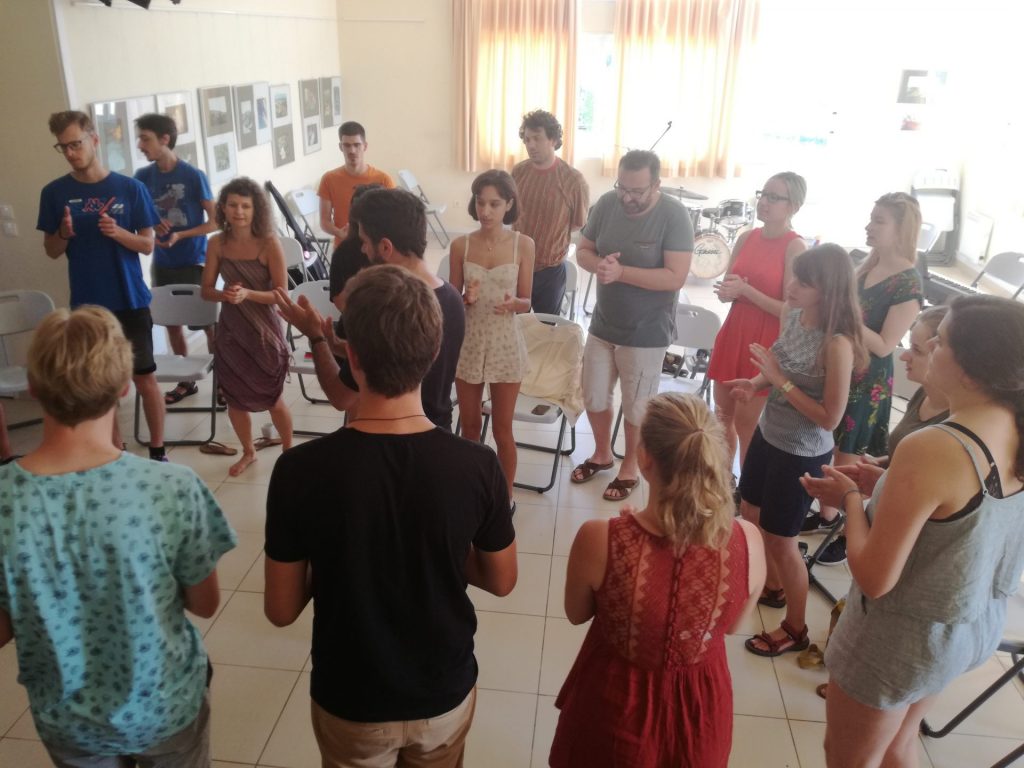“Conflict is a Chance” is an Erasmus+ project, supported by the German National Agency JUGEND FÜR EUROPA.
This project has been a bilateral cooperation between Elisson gUG (Germany) and Filoxenia Association (Greece).
The partner organisation Filoxenia managed the seminar in Kryoneri Korinthias, Greece, 11-20.11.2022 (Culture centre Polykentro).
Elisson gUG took on the overall project management role and has been responsible to organize the second seminar in Berlin 01-10.03.2023 (Klubhaus Spandau).
The topics
The most relevant topics addressed by our project revolved around conflict resolution and prevention, as well as the development of key competencies essential for effective youth work. Through our training seminars, we focused on equipping youth workers with the necessary knowledge, skills, and attitudes to address conflicts in a civilized and peaceful manner, promoting successful intercultural interactions in youth exchanges.
The project placed particular emphasis on the prevention of conflicts and post-conflict rehabilitation, recognizing the importance of proactive measures in fostering positive relationships and resolving disputes constructively. Additionally, we prioritized the development of key competencies among youth workers, empowering them with the tools and techniques needed to navigate diverse cultural landscapes and facilitate meaningful interactions among young Europeans.
The trainers
Nikolaos Ftiakas, an experienced psychologist, trainer on human rights issues and youth advisor, took on the responsibility of leading both seminars in Germany and in Greece, due to his extensive experience in conflict resolution. In Greece he has been assisted by Giorgos Kelegkouridis, a social worker and psychotherapist. The trainer has been involved in planning the project as he had prior experience delivering similar types of training for youth and social workers. Additionally, he was familiar with the Erasmus+ programme, proficient in English, and had expertise in non-formal education activities.
The participants
The participants selected for this project primarily consist of youth workers, youth leaders, and social workers actively involved in supporting vulnerable youth populations.
Many of these youth workers from Germany and Greece are actively engaged in working with marginalized or disadvantaged young people, including individuals from minority backgrounds, those residing in geographically isolated areas, and those facing various barriers to social inclusion.
The participants involved in these activities were diverse, including youth workers, trainers, and young people from various backgrounds. The total number of participants engaged in these workshops was 40 (20 for each seminar), with profiles ranging from experienced professionals to those new to conflict resolution techniques.
The project objectives
a. Providing youth workers with the skills to address deep-seated conflicts.
b. Equipping European youth workers and trainers to engage marginalized youth, fostering critical thinking and emotional intelligence.
c. Promoting diversity, intercultural dialogue, and common values of freedom and tolerance.
d. Supporting participants in understanding conflict dynamics.
e. Facilitating the exchange of experiences on conflict mechanisms.
f. Developing participants’ social competence and conflict resolution skills.
g. Enhancing participants’ ability to empathize with others in conflict.
h. Developing participants’ emotional competence and assertiveness in conflict situations.
The results
The project offered methods and tools to youth workers to effectively address conflict situations in international youth exchanges and beyond. The impact of the project was significant, as attendees gained valuable knowledge and practical skills that directly influenced their work with young people. Youth workers often encounter conflict situations in their daily interactions with youngsters, whether it be in school, family, work, or personal relations. Therefore, acquiring effective conflict resolution methods is essential for the successful implementation of youth activities and overall youth work.
Conflict resolution becomes even more critical in international youth meetings, where cultural differences among participants are common. The mediation skills of youth workers play a crucial role in ensuring the success of such exchanges. Conflict resolution is fundamental to both national and international youth work, serving as a vital tool for implementing social, cultural, and political initiatives with young people.
In Greece, the training sessions focused on understanding conflict, adopting a win/win approach, fostering empathy, practicing appropriate assertiveness, harnessing cooperative power, and managing emotions. Each session provided valuable insights and tools that directly addressed the identified objectives, empowering youth workers to handle conflicts effectively in diverse youth work settings.
Similarly, in Germany, the training sessions covered topics such as willingness to resolve conflict, mapping conflict, designing options, negotiation skills, introduction to mediation, and broadening perspectives. These sessions equipped participants with essential conflict resolution techniques and principles, enhancing their capacity to address conflicts constructively.
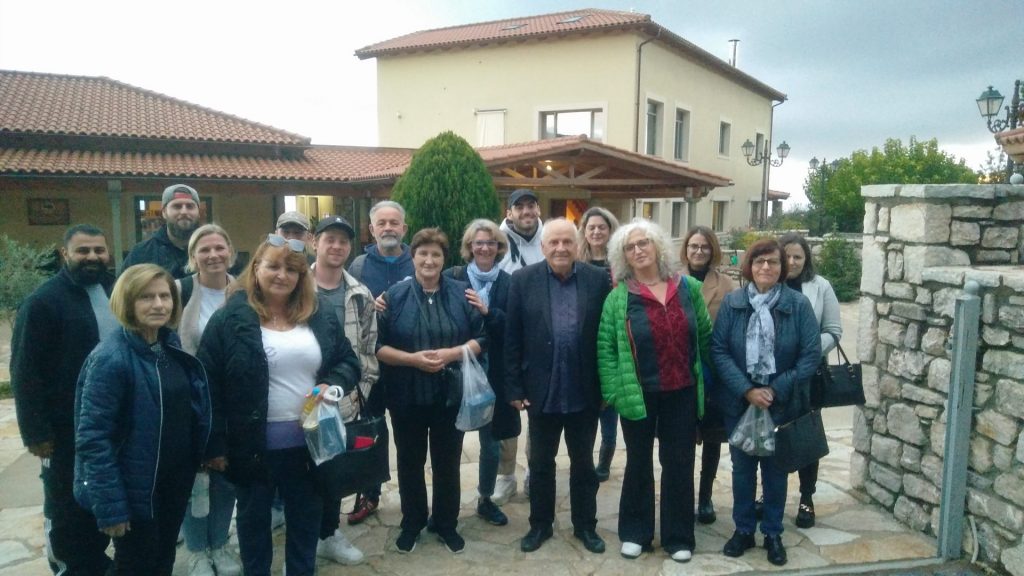
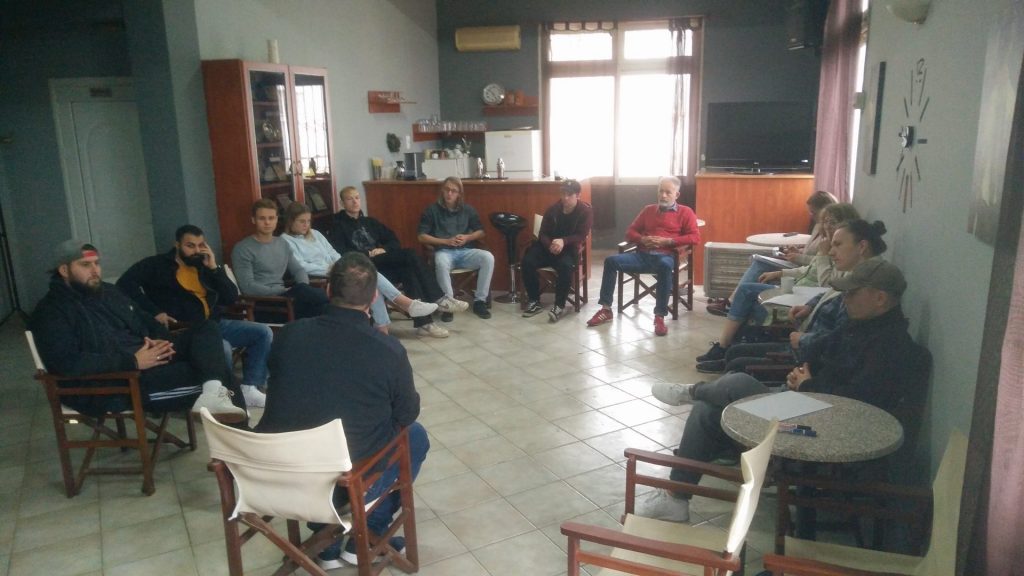
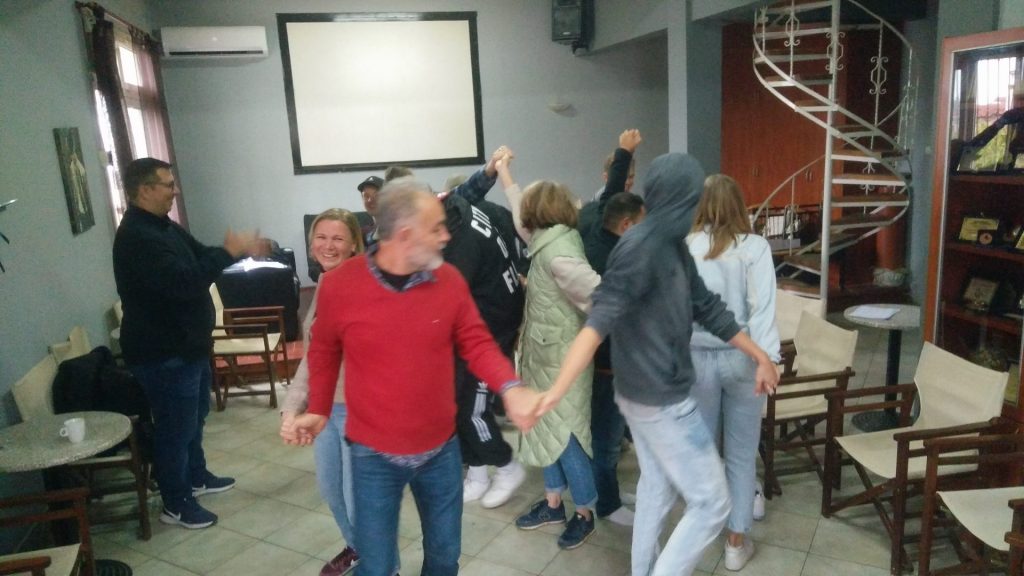
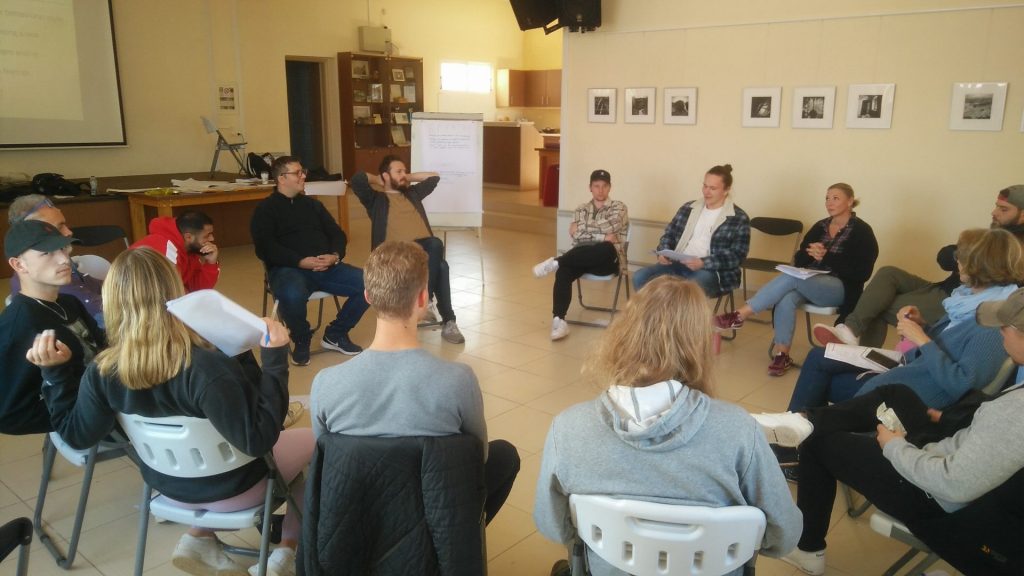
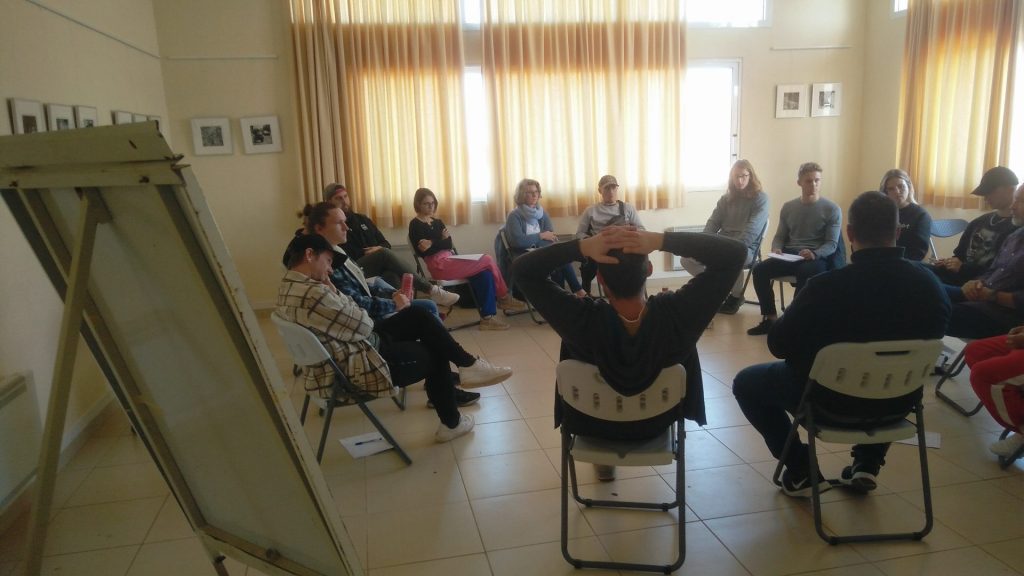
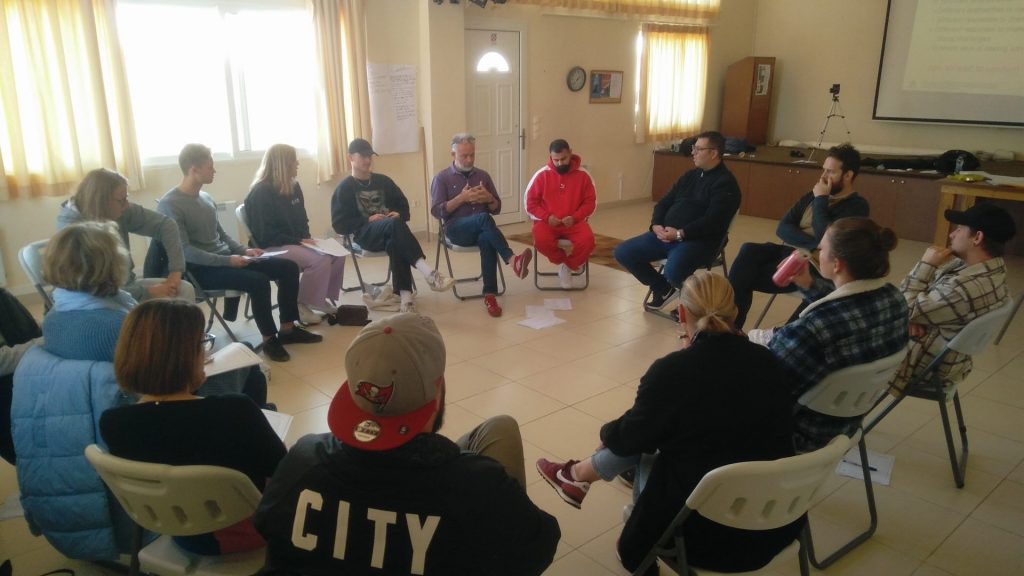
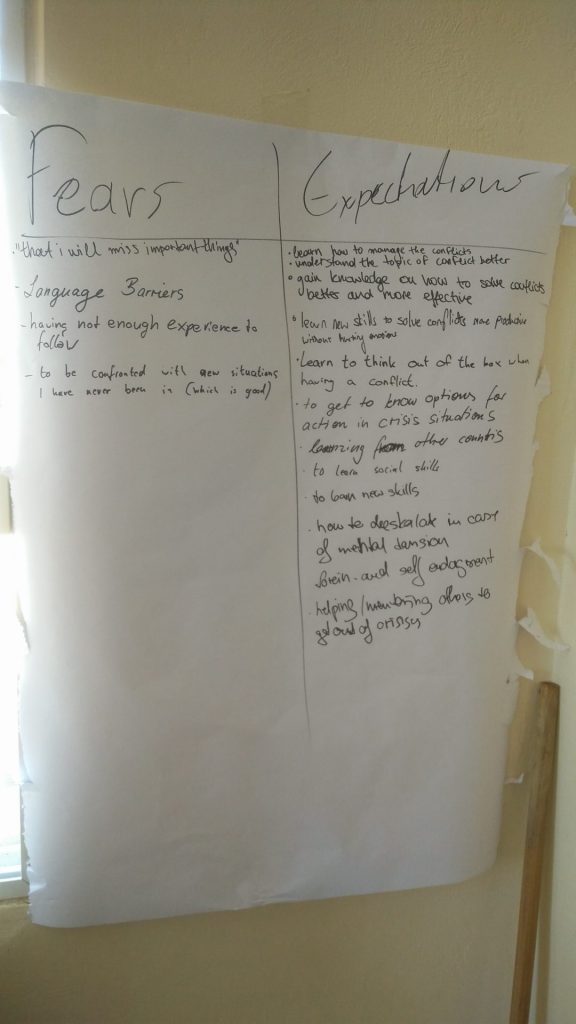
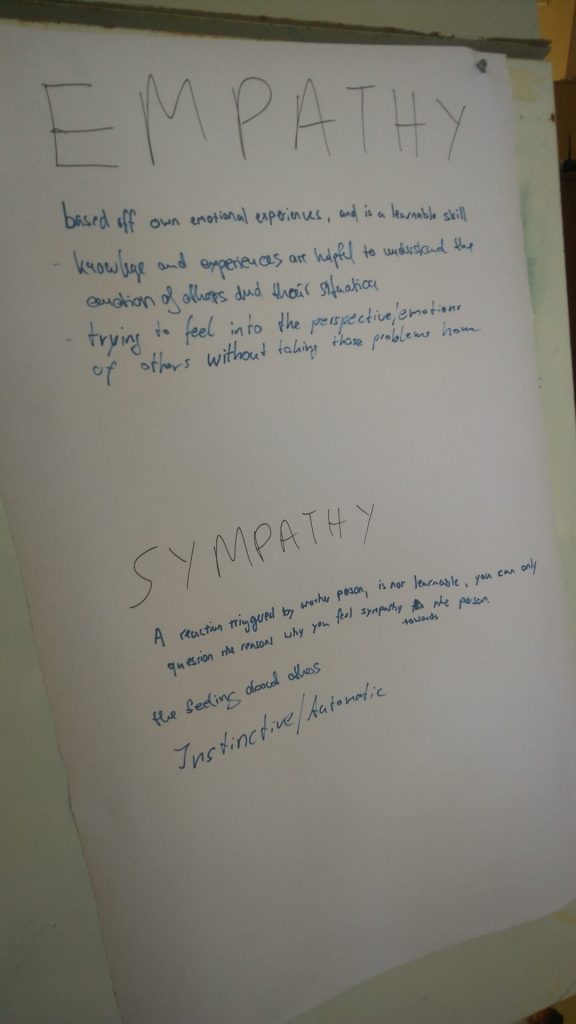
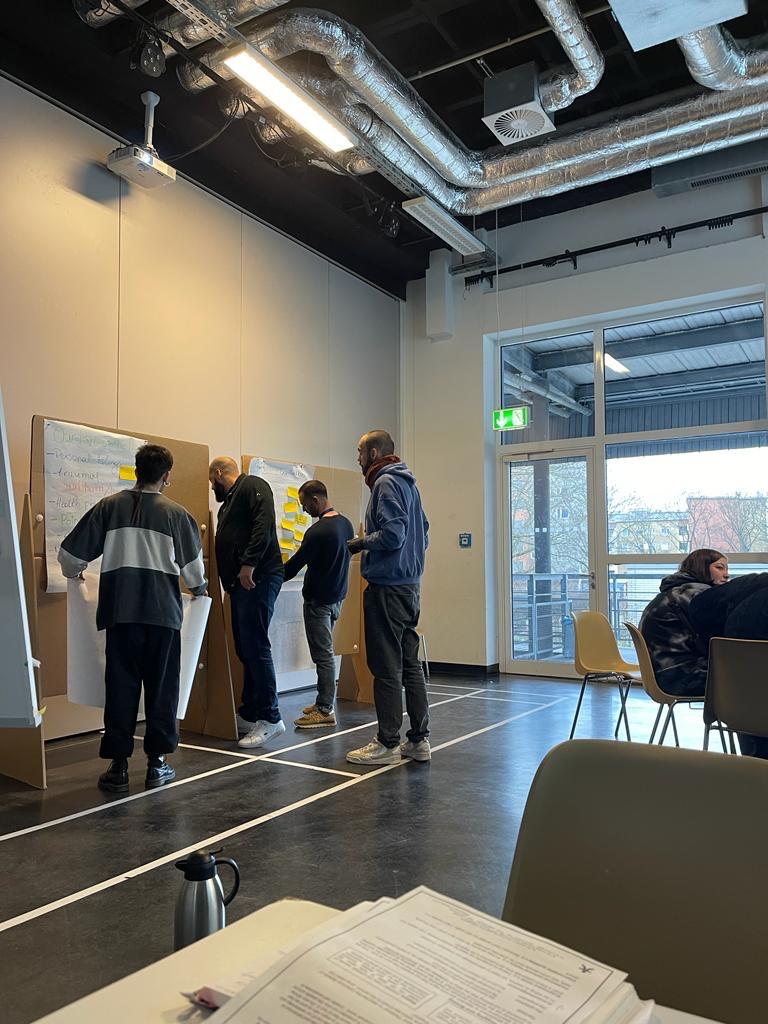
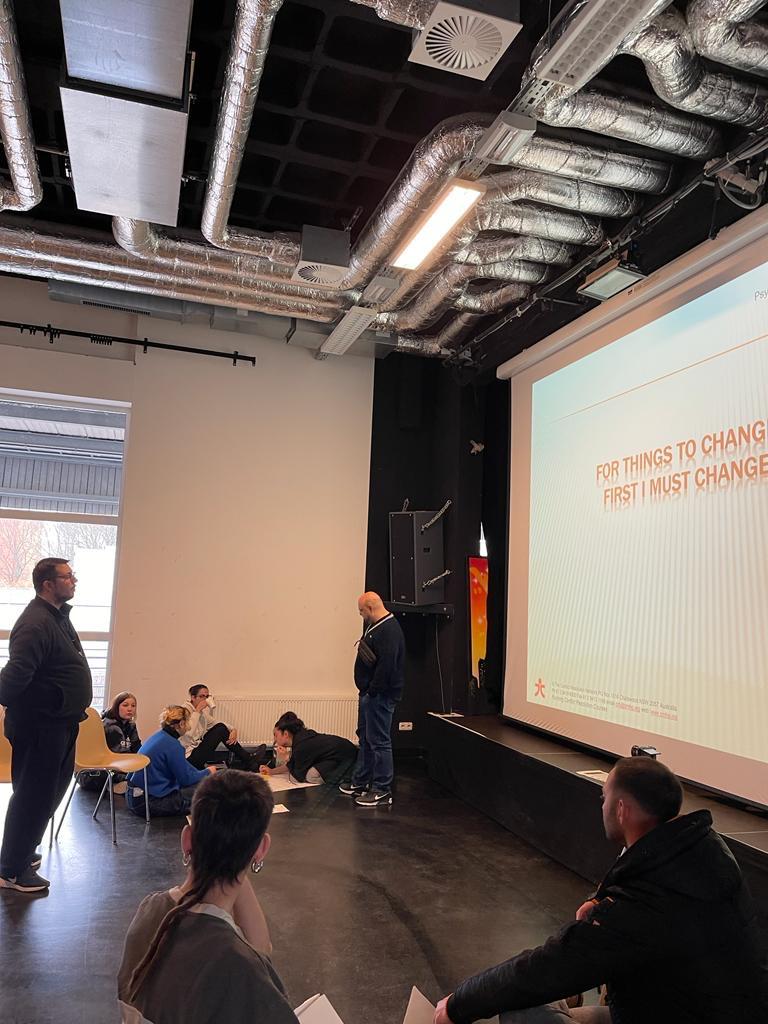
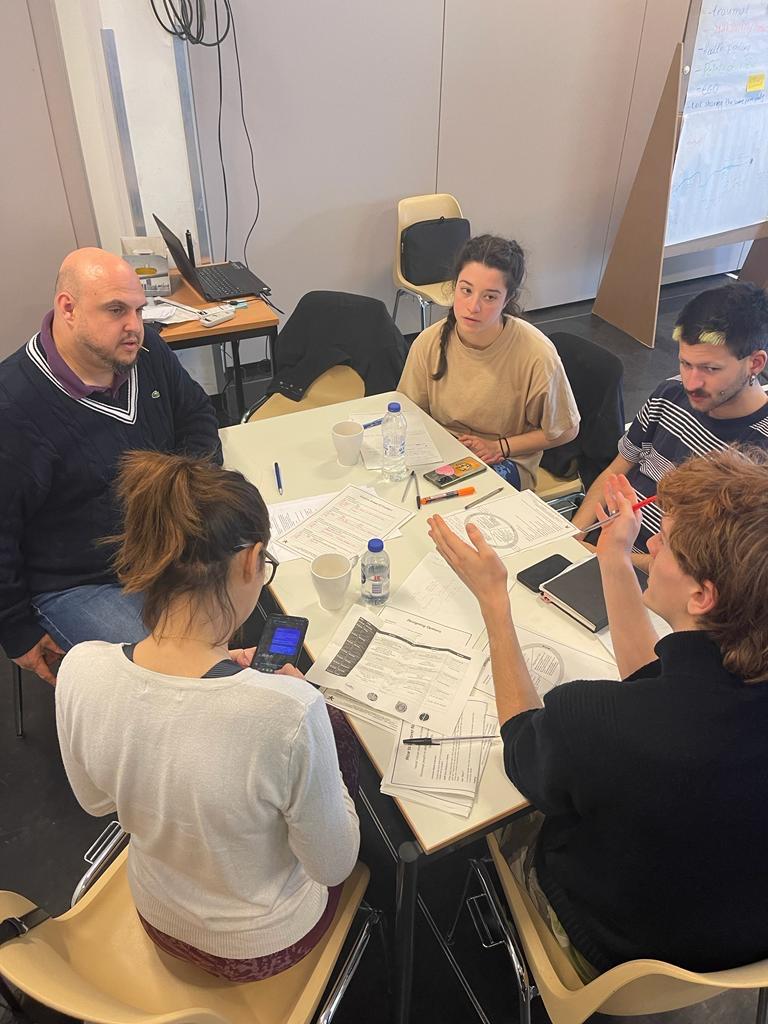
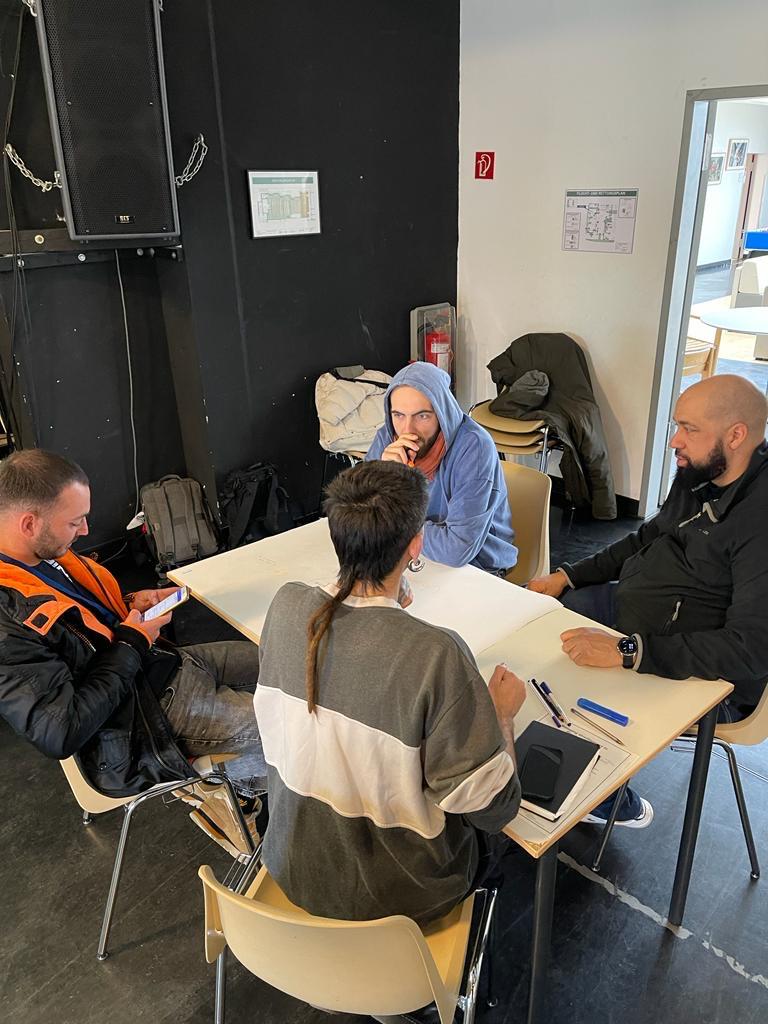
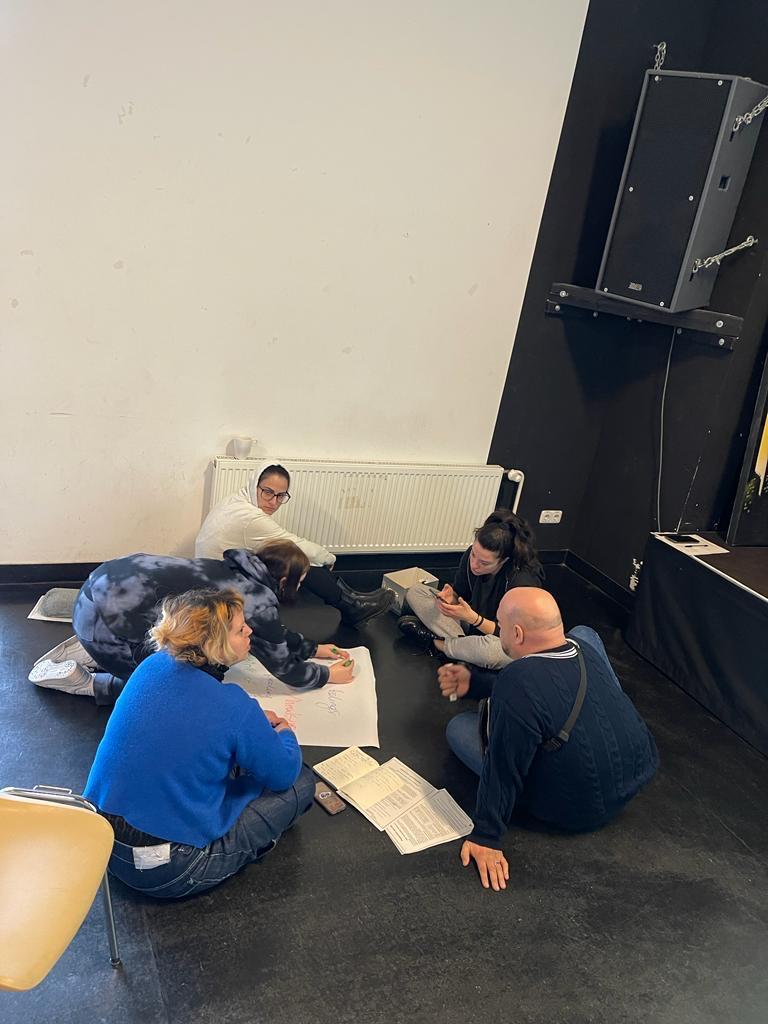
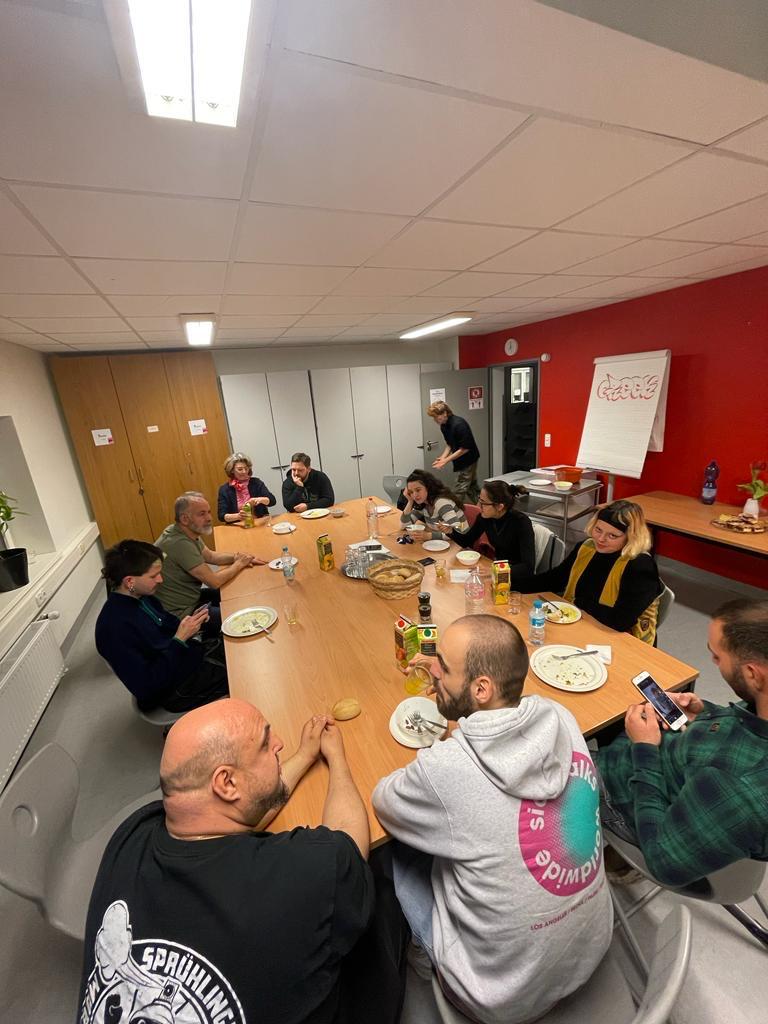
This project was supported by the Erasmus+Youth in Action Programme of the European Union through the German National Agency “Jugend für Europa”

